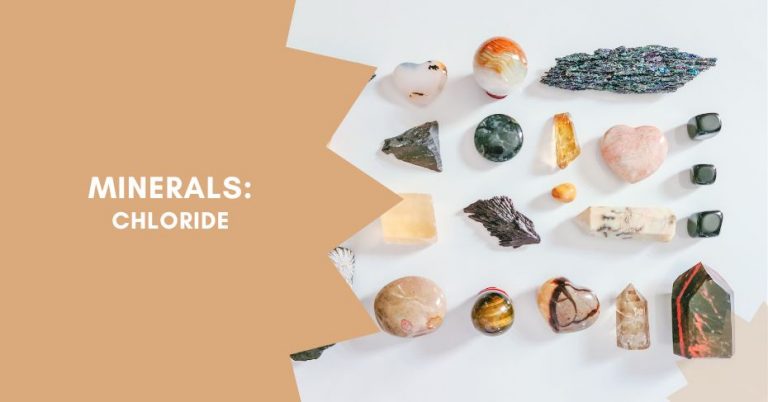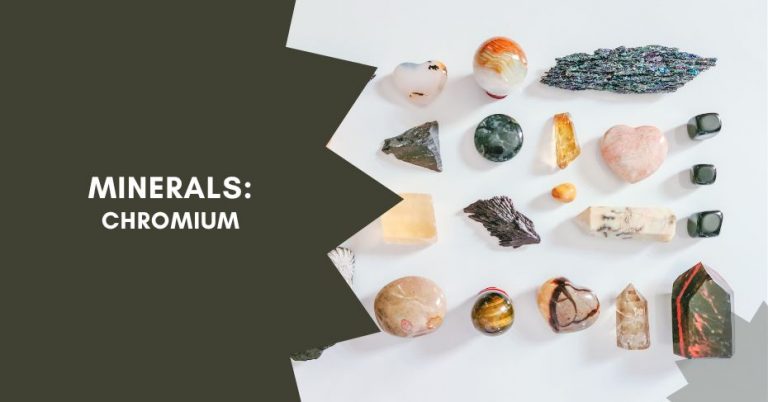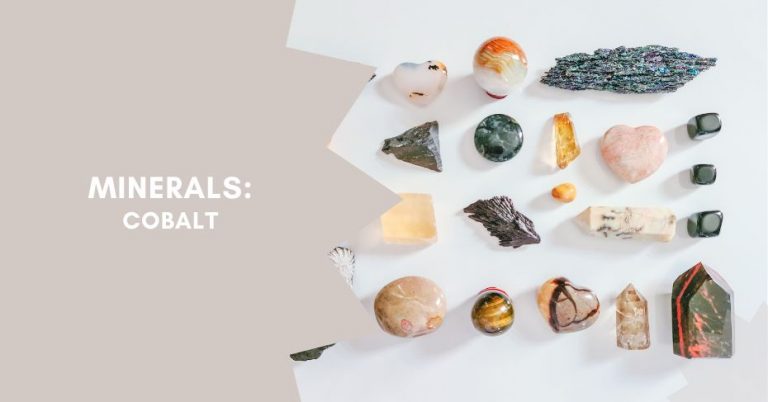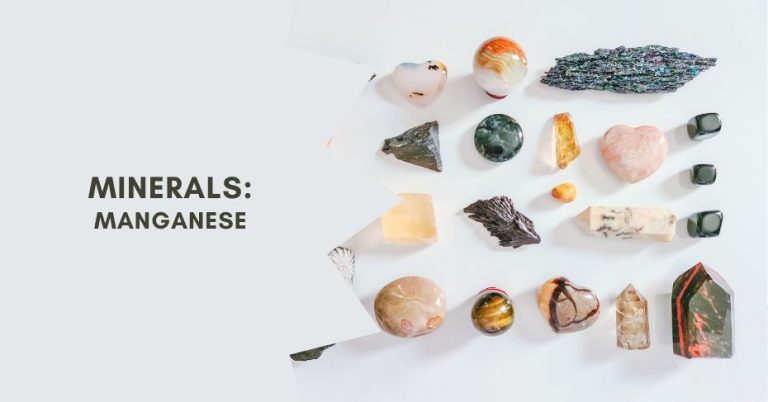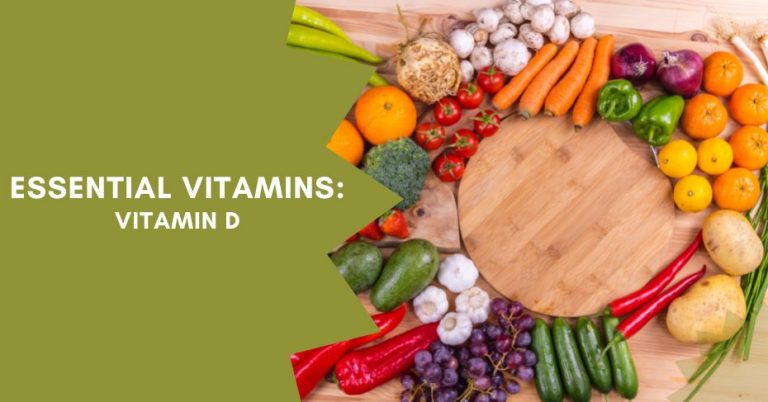Vitamin E helps strengthen your immune system so it can fight off infection more effectively. Vitamin E is an essential nutrient that plays a vital role in maintaining good health. It’s an antioxidant that helps protect cells from damage, as well as a natural source of energy for the body. From supporting heart health to promoting healthy skin, Vitamin E has many benefits that can help improve your overall well-being. Let’s take a look at the amazing health benefits of this essential vitamin.
What are the Benefits of Vitamin E?
Vitamin E has been linked to numerous health benefits, including improving skin health, reducing inflammation, protecting against certain types of cancer, and boosting heart health.
Here are some of the specific ways vitamin E benefits your overall health:
• Improves Skin Health: Vitamin E helps keep skin looking bright and healthy by protecting it from sun damage and other environmental factors. It also helps reduce wrinkles and fine lines, giving skin a more youthful appearance.
• Reduces Inflammation: Studies have shown that vitamin E can help reduce inflammation throughout the body, which is important for maintaining overall health and well-being.
• Protects Against Cancer: Research has suggested that high levels of vitamin E may help protect against certain types of cancer, including breast cancer and prostate cancer.
• Boosts Heart Health: Vitamin E has been linked to improved cardiovascular health because it helps lower bad cholesterol levels while increasing good cholesterol levels. This helps keep arteries clear and reduces the risk of heart disease or stroke.
Where Can You Find Vitamin E?
Vitamin E can be found in many foods, such as vegetable oils (soybean oil and corn oil), nuts (almonds and hazelnuts), green leafy vegetables (spinach and broccoli), fruits (avocados and kiwi), egg yolks, fortified cereals, wheat germ oil, and enriched grains. You can also get vitamin E through supplements or multivitamins.
Heart Health and Cholesterol Levels
Vitamin E has been linked to improved heart health, making it an important nutrient for those looking to reduce their risk of cardiovascular disease. Studies show that Vitamin E can help reduce LDL (bad) cholesterol levels and increase HDL (good) cholesterol levels, improving overall blood flow throughout the body. Additionally, Vitamin E can help reduce inflammation within the body which can help lower your risk of stroke and other cardiovascular issues.
Immune System Booster
Vitamin E helps boost immunity by fighting off free radicals in the body, which are dangerous molecules that can cause oxidative stress and lead to diseases like cancer. Getting enough Vitamin E in your diet will keep your immune system strong and functioning properly, helping you fight off infections and illnesses more easily. It also helps strengthen your skin’s natural defense against bacteria, reducing your chances of developing skin infections or other related problems.
Anti-Aging Properties
Vitamin E is known for its anti-aging properties because it helps prevent wrinkles and other signs of aging such as age spots, fine lines, and dryness on the skin. This essential vitamin also helps protect against sun damage which can cause premature aging over time. By including Vitamin E in your daily routine you can slow down the effects of aging on your skin, leaving you with youthful looking skin for years to come!
How Can I Get Enough Vitamin E in My Diet?
The best way to ensure you’re getting enough vitamin E is to eat a balanced diet with plenty of fruits, vegetables, nuts, seeds, whole grains, legumes, dairy products, fish, and lean meats. Foods that are high in vitamin E include sunflower seeds, almonds, spinach, Swiss chard, avocado, olives, wheat germ oil, peanut butter, olive oil, sweet potatoes, mangoes, turnip greens, butternut squash, bell peppers, papaya, broccoli. You can also take a supplement if necessary to make sure you’re getting enough vitamin E each day.
Bottom Line
Vitamin E is an essential nutrient that plays an important role in maintaining overall health and wellness. It is an antioxidant that helps protect cells from damage caused by free radicals and has been linked to improved eye health, lower blood pressure levels, reduced inflammation in the body, better immune system functioning and even a decreased risk of certain types of cancer. If you want to make sure you are getting enough vitamin E in your diet or want to supplement with additional doses then talk to your doctor or nutritionist about what’s best for you. With this information you will be able to make educated decisions when it comes to adding more vitamin E into your diet!
